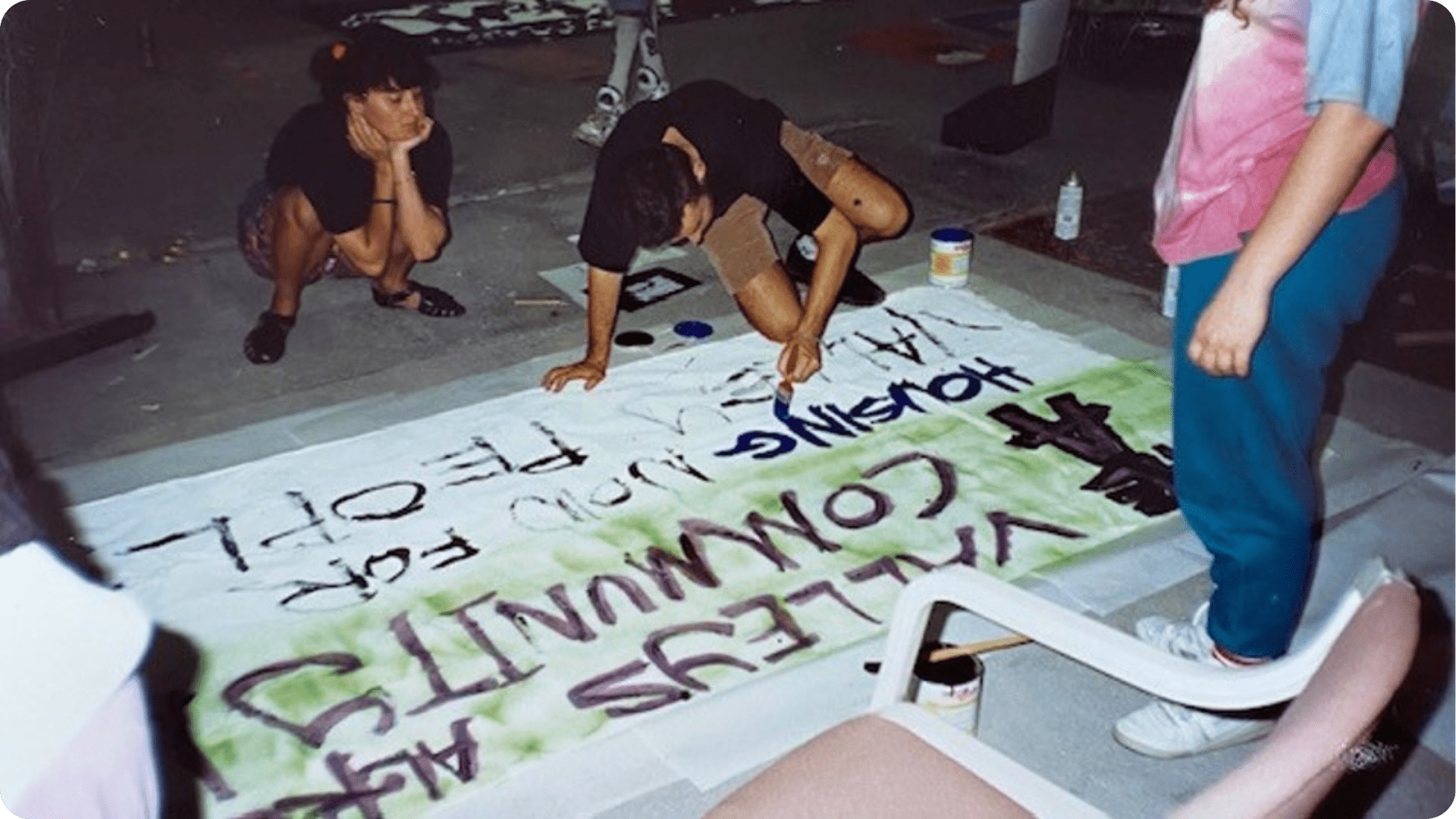Within Brisbane Youth Service’s Fortitude Valley Hub, a team of medical professionals provide free primary health care to homeless and vulnerable young people and young families.
Clinic Nurse Mandy Lee had to quickly adapt the clinic operations in response to Covid-19 to stay connected with some of the most vulnerable in our community. At a time when Australians have been instructed to self-isolate, she has continued to provide integrated support and advocacy for those with often complex issues and no fixed place to call home.
While young people often present to BYS experiencing or at risk of homelessness, many take the opportunity to receive support in other areas including physical and mental health. This is a crucial time of engagement for many young people who are often experiencing multiple issues.
“There are young people in our community who desperately need medical help but are struggling to engage with GPs or hospitals, particularly during Covid-19,” Mandy said.
“People who slip though the mainstream channels often cannot access or aren’t eligible for healthcare.
This includes a large cohort of people who have disengaged with their families and do not have their own Medicare card, and young people who are not eligible for Medicare,” she said.
Complexities around communication with transient people makes it very difficult for hospitals or traditional medical practices to send information on appointments or to follow up on treatment. Youth workers at BYS connect young people with Mandy and the BYS Clinic doctors for assistance with general and mental health interventions, vaccinations, health assessments, drug and alcohol interventions, and to address chronic disease.
“As health professionals we’re focused on what we think is important, but in this clinic we are driven by the young person and what their priority of needs might be,” Mandy said.
“While the government has responded positively by introducing Medicare item numbers to allow for different types of engagement during Covid-19, the move to telecommunication instead of face to face appointments does present new levels of complexity when engaging with vulnerable young people.”
Mandy asks herself ‘what is the most important thing I can do today?’ And often the answer is simply to develop relationships. Whilst getting a young person appropriate healthcare for their needs is at the forefront of everything she does, even just having someone at risk return for a follow up appointment is a win.
On emigration to Australia from Yorkshire in 2003, Mandy began working in orthopaedics and trauma while taking up a clinical teaching role in a large tertiary hospital in Sydney. Family life led her to regional Victoria where she transitioned into Primary Health, particularly hearing health in Aboriginal and Torres Strait Islander communities. She then undertook study in sexual and women’s health before moving to Brisbane in 2015 to deliver training on hearing health to nurses and Aboriginal and Torres Strait islander Health Workers in the Government run Deadly Ears program.
Mandy joined BYS in 2019, bringing with her 25 years’ experience and a passion for equitable access to healthcare for all and or health interventions for adolescents. She was searching for a role in a general practice valuing each client as a human being, not just a Medicare billing item number.
Asked who Mandy admires, she responded, “all my colleagues in the UK that I trained with who are doing it very tough at the moment.”
